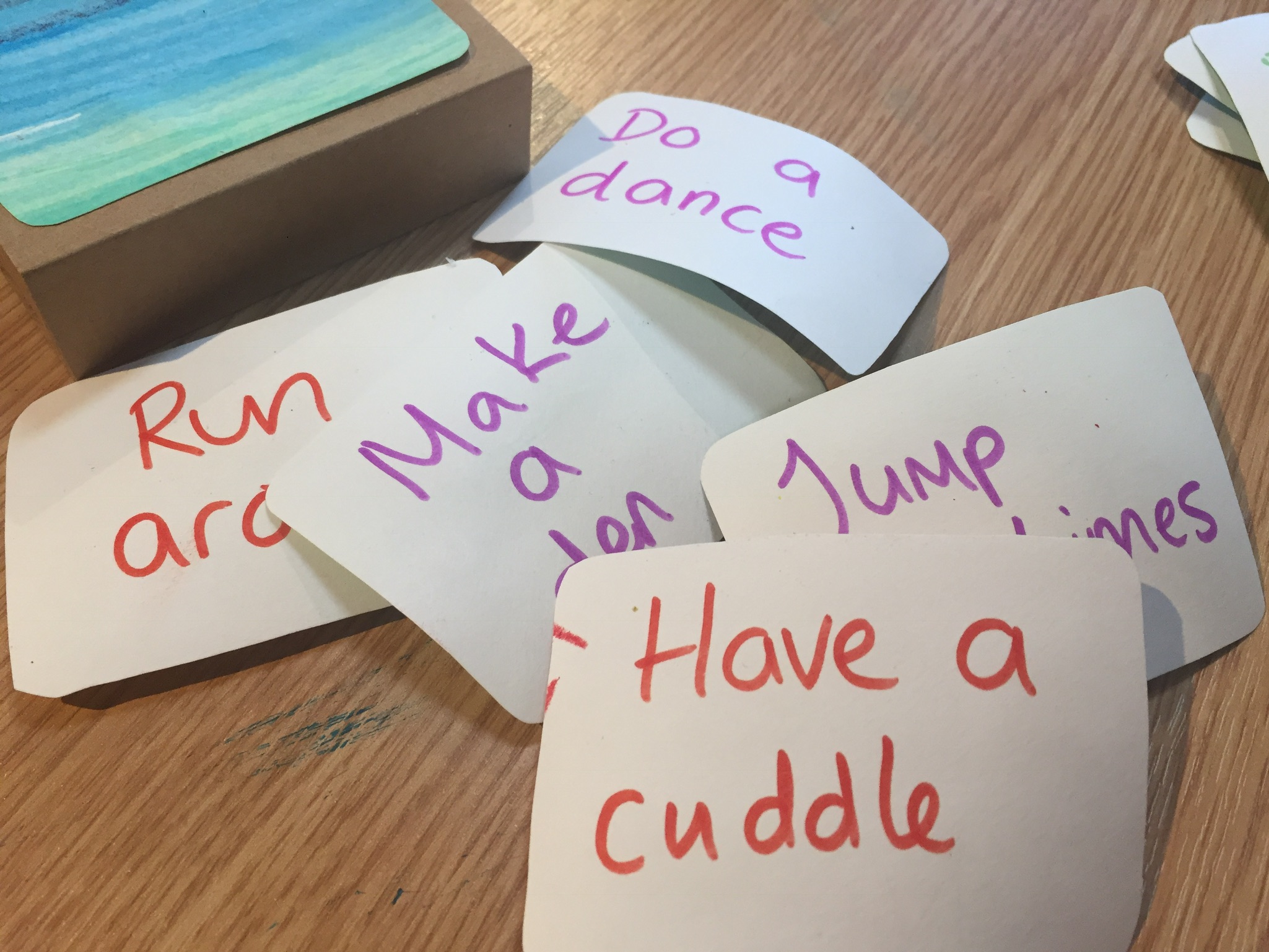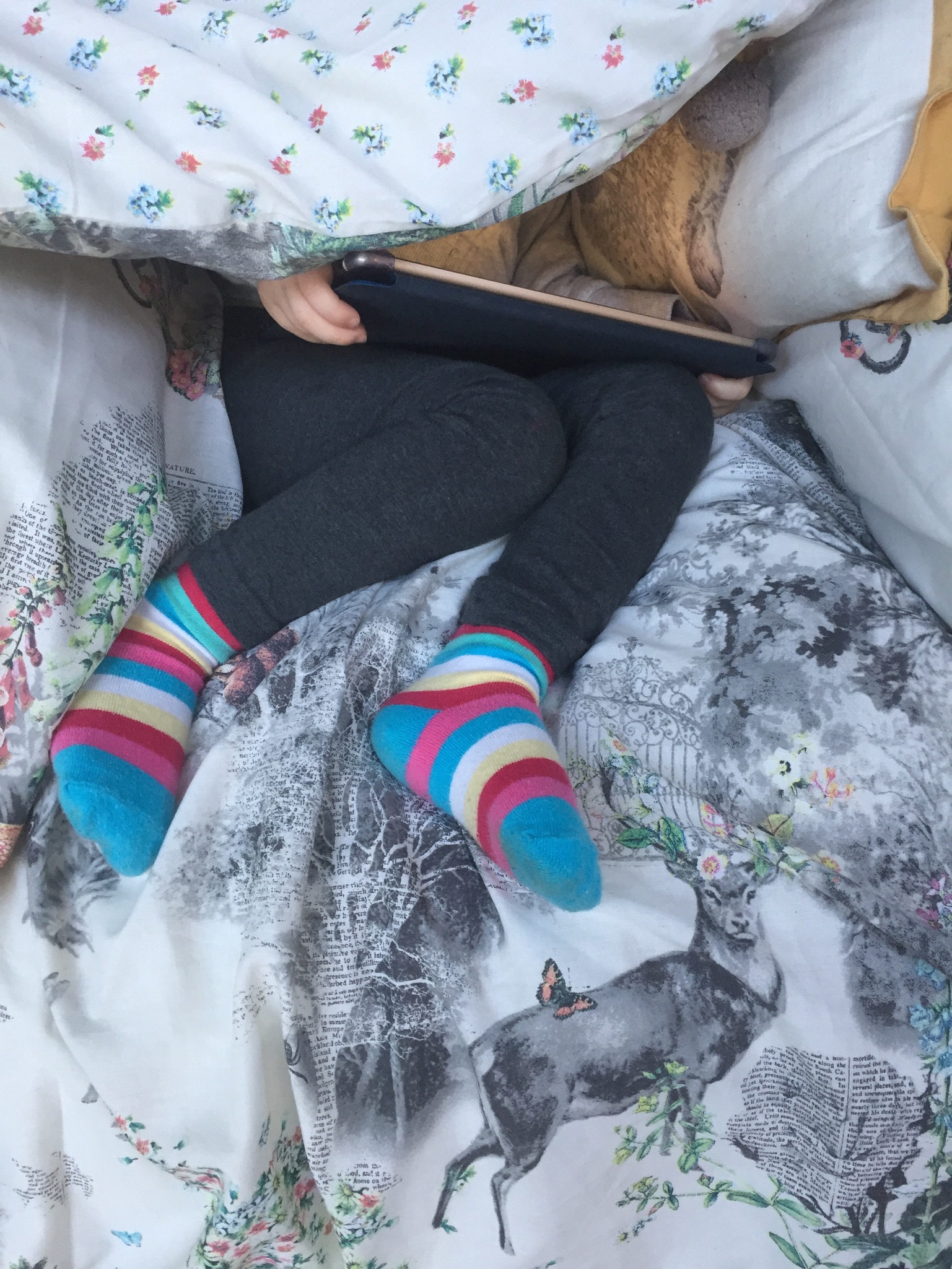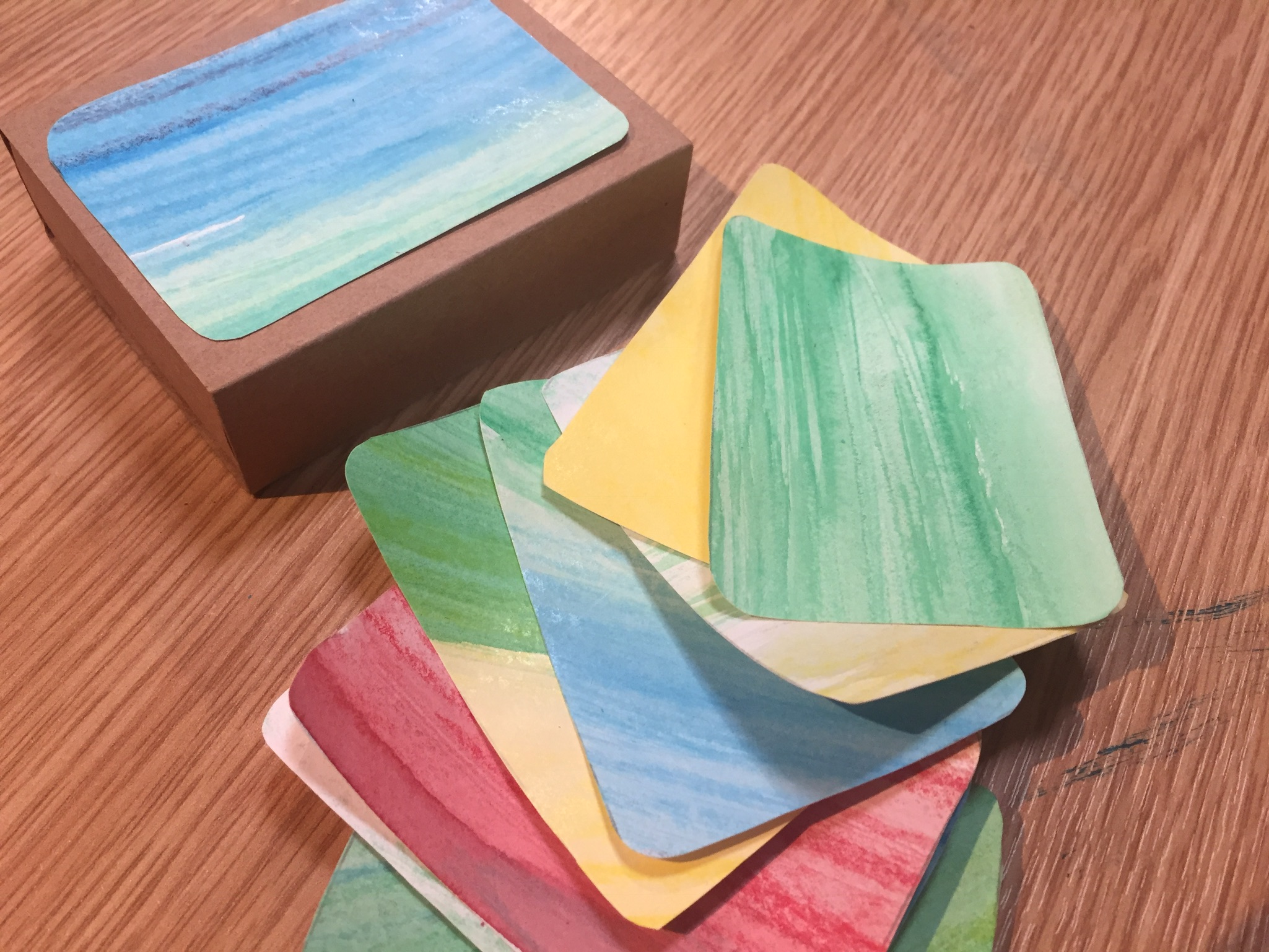Parent experience; Erica
All behaviour is communication. I get it. Really I do. But it can be hard to remember when your child is kicking a hole in his bedroom door or throwing scissors at you down the stairs.
I don’t want you to think that chaos reigns in my house though. At least, not all of the time. I am a mum 3 times over, twice by adoption and once by birth. My kids are beautiful, funny, kind and unpredictable in equal measure. For my boys, who have known loss intimately, there is also an additional layer of anxiety built into their makeup.
Anxiety plays out in different ways for my sons. My 6 year old seeks reassurance and affirmation of his place in the world. My 7 year old seeks to control everything. His emotions can overwhelm him and he can respond with anger. I want the boys to feel loved and be happy: we work at #selfcare to make anxiety manageable.
#Selfcare might seem like an odd choice of words to combat scissor throwing but it isn’t, honestly. According to the Self Care Forum it consists of the, “actions that individuals take for themselves, on behalf of and with others in order to develop, protect, maintain and improve their health, wellbeing or wellness.” We all want this for our children. And I love the idea that our children don’t have to do it on their own.

So what do we do?
The self care toolkit is homemade. All you need is a box, card and colours. The box houses the self care cards. One side of the card is decorated by your child and the other lists a self care idea. When one of my children is finding their emotions difficult to manage they can look at their self care cards and choose an activity. Each card contains something that they believe helps to make things better; make den, get a hug, jump 20 times, do a dance…
The beauty of the toolkit is that you can add in a new activity for your child to ‘play’ as they come across something new that works for them. They can also play as few or as many of the cards as they need too at the time.
The longer my children have used the toolkit for, the better they are getting at selecting the right card to meet the emotion. At first I used to hear a lot of, ‘you choose mummy.’ Now they are more likely to reject a card for not being quite right for that moment.

Nesting
We have livingroom quilts and blankets for den making and nesting. When everything is too much they can retreat into a cocoon. Nests let you wrap yourself up and make your world smaller. They control the space. And they can add to that space too. They have each, on separate occasions, taken in books, teddies, tablets and our long suffering cat.
Sometimes, they make the den a little bigger to fit mummy in as well.
There are times when they build of their own volition. There are times when they want my help. And there are times when a gentle prompt is needed: as a parent you can often see what your child needs before they know it themselves.

Praise Positives
We try to praise all positives – highlighting kindness and signposting thoughtfulness. The idea is to provide a running commentary that picks up on the behaviours that we want to encourage. We want the children to see themselves as kind and thoughtful – for our voices to help shape their internal voice.
Part of praising positives also includes modelling this behaviour between myself and my other half in front of the kids. Just be warned though, my enthusiastic ‘Oh thank you daddy for packing the shopping. How kind!’ can garner some funny looks in the supermarket.
Senses
Finally, we are recent converts to the use of a light aroma diffuser for aromatherapy – vanilla seems to work best for us. This helps my 7 year old regulate but, if I’m honest, I’m not sure how. I’m torn between
A) this sensory input is effective in itself OR
B) the act of putting the diffuser on has an affect on me and this is what has a calming effect on my son.
Either way, it’s a positive self care activity in our house. ‘It smells like fruit and love mummy.’
I don’t think that any one thing can be relied on to work all the time and there are definitely occasions when I’m not the parent I want to be. But if I can work towards helping my three to develop, protect, maintain and improve their wellbeing then this is a good start. And I try to remember that all behaviour is communication, including mine.
